Human Rights Day commentary: Bangladesh needs to stamp out violence and abuses
Bangladesh activists describe gains and shortcomings of the old and new regimes.
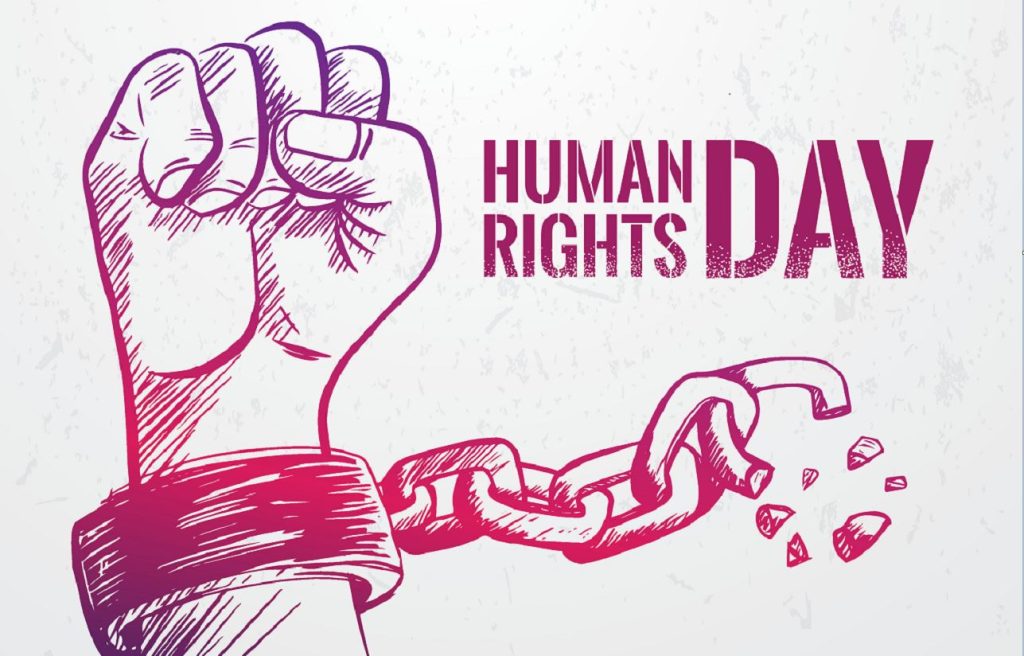
The new regime in Bangladesh has a chance to improve the country’s human rights record, but so far has failed to make progress against the violence and abuses that plagued the former government. That’s the conclusion of the human rights advocates at JusticeMakers Bangladesh in France (JMBF) on the occasion of international Human Rights Day, Dec. 10.
By Mosa. Jannatul Ferdaus
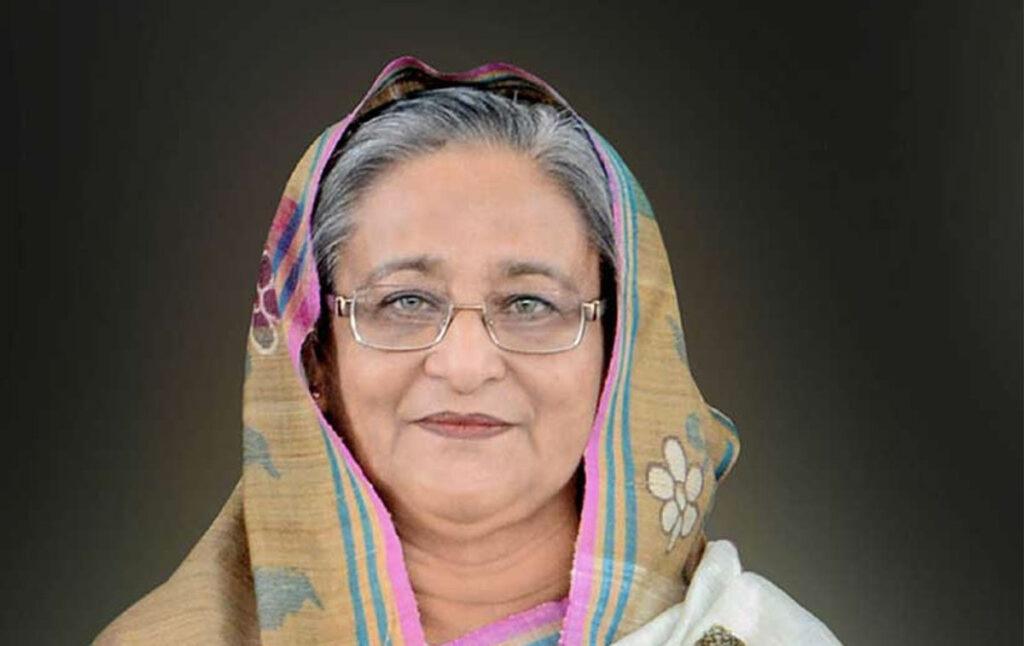
Disparities between urban and rural communities, suppression of dissent, and targeted violence against sexual, religious, and ethnic minorities, as well as political opponents, highlighted the pressing need for a more inclusive and just society.
In 2024, after the fall of the Awami League Government due to a violent uprising, the Interim Government, led by Nobel Laureate Dr. Muhammad Yunus, took power with the promise of upholding human rights, good governance, and the rule of law. His leadership brought renewed hope for addressing these issues through inclusive policies, transparency, and radical reforms. The government’s signing of the International Convention for the Protection of All Persons from Enforced Disappearance was a positive step forward.
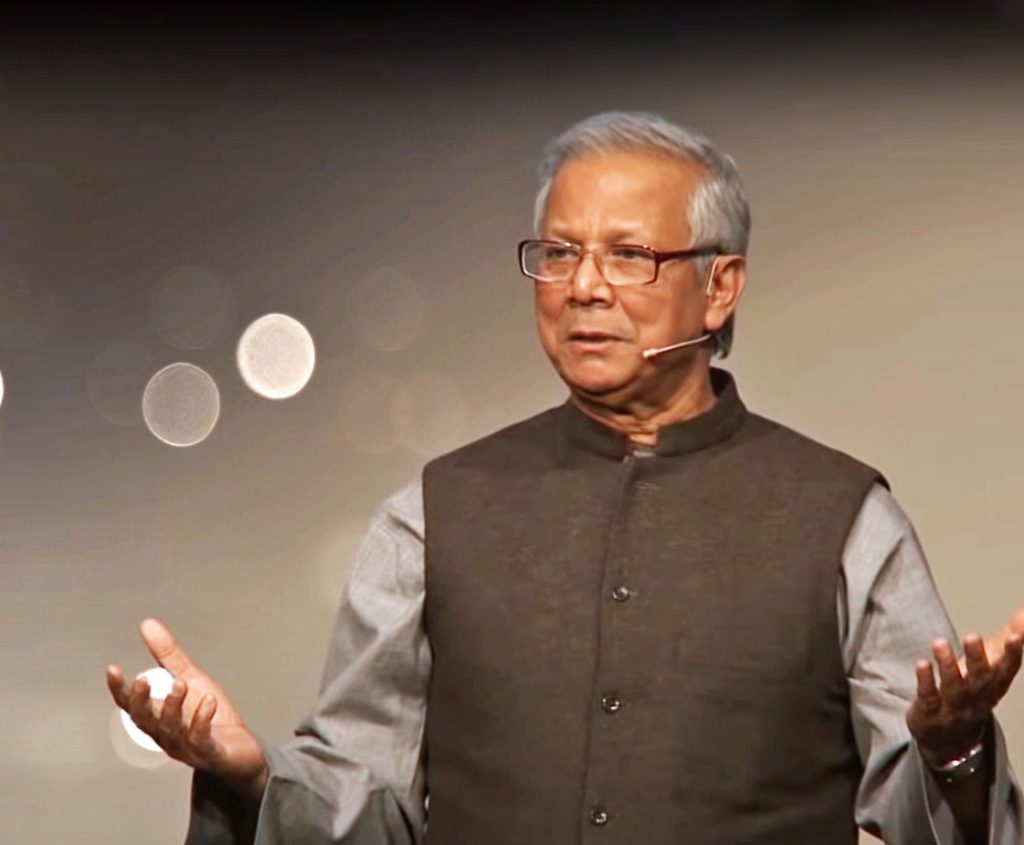
Despite the hope and expectation that the Interim Government led by Dr. Muhammad Yunus would bring positive change, we regret to report that the same human rights violations that plagued previous administrations continue unabated. These violations include:
Torture and Extrajudicial Killings: The legacy of extrajudicial killings and torture persists under the Interim Government. Families of the victims continue to face the agony of seeking justice for their loved ones lost to state violence, with little accountability for the perpetrators.
Violence Against Journalists and Lawyers: Journalists, lawyers, and human rights defenders remain subject to harassment, intimidation, and violent attacks. The ongoing use of fabricated charges and arbitrary arrests to silence critical voices undermines freedom of expression and the rule of law.
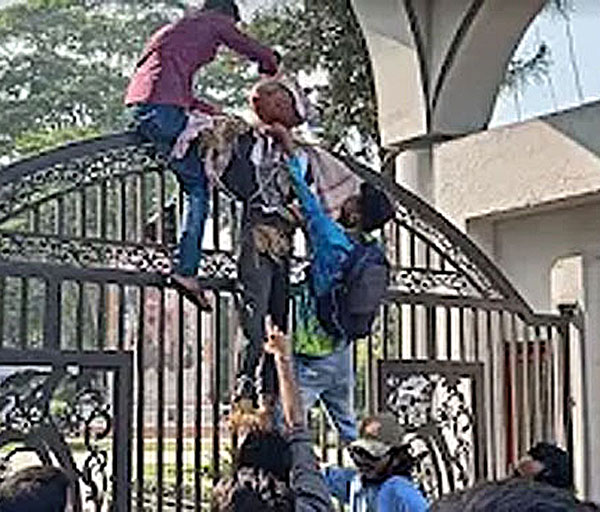
Violence Against Religious, Ethnic, and Sexual Minorities: Members of the LGBTQ+ community, religious minorities (especially Hindus and Ahmadiyyas), and ethnic groups continue to face violence, discrimination, and marginalization. Arrest, physical assaults, killing and attacks on places of worship, homes, and businesses remain rampant, with insufficient intervention by authorities to protect these vulnerable communities.
Political Repression: Political repression continues under the Interim Government, with opposition leaders, activists, and supporters facing arbitrary arrests, fabricated charges, and violence. The suppression of political dissent and the abuse of power to silence critics are troubling signs of authoritarianism that threaten democratic processes.
Attacks on Shrines, Cultural Freedom, and Monuments: Religious shrines and cultural sites face vandalism and arson, while censorship restricts artistic and intellectual freedoms, eroding Bangladesh’s rich heritage. Cultural freedoms are increasingly restricted, with state interference in artistic and intellectual expression.
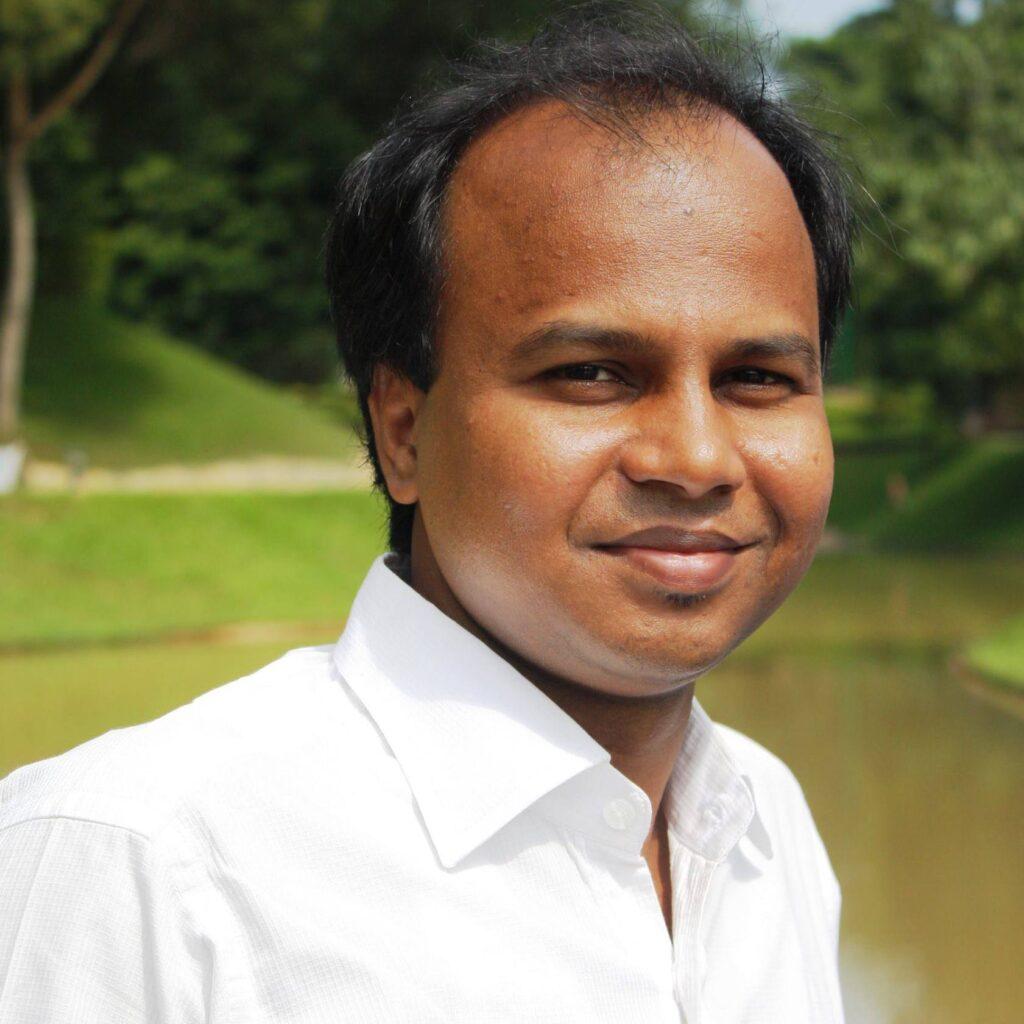
Advocate Shahanur Islam, Bangladesh Human Rights Lawyers and Founder President of JMBF, added, “The promises of justice, freedom, and equality under Dr. Yunus’s government are being overshadowed by a persistent culture of violence, political persecution, and systemic injustice. It is crucial for the Interim Government to immediately address these ongoing human rights violations and take meaningful steps toward healing and reconciliation.”
Bangladesh must honor its commitments to human rights and justice. The world is watching, and the people of Bangladesh deserve a society founded on dignity, freedom, and equality.




